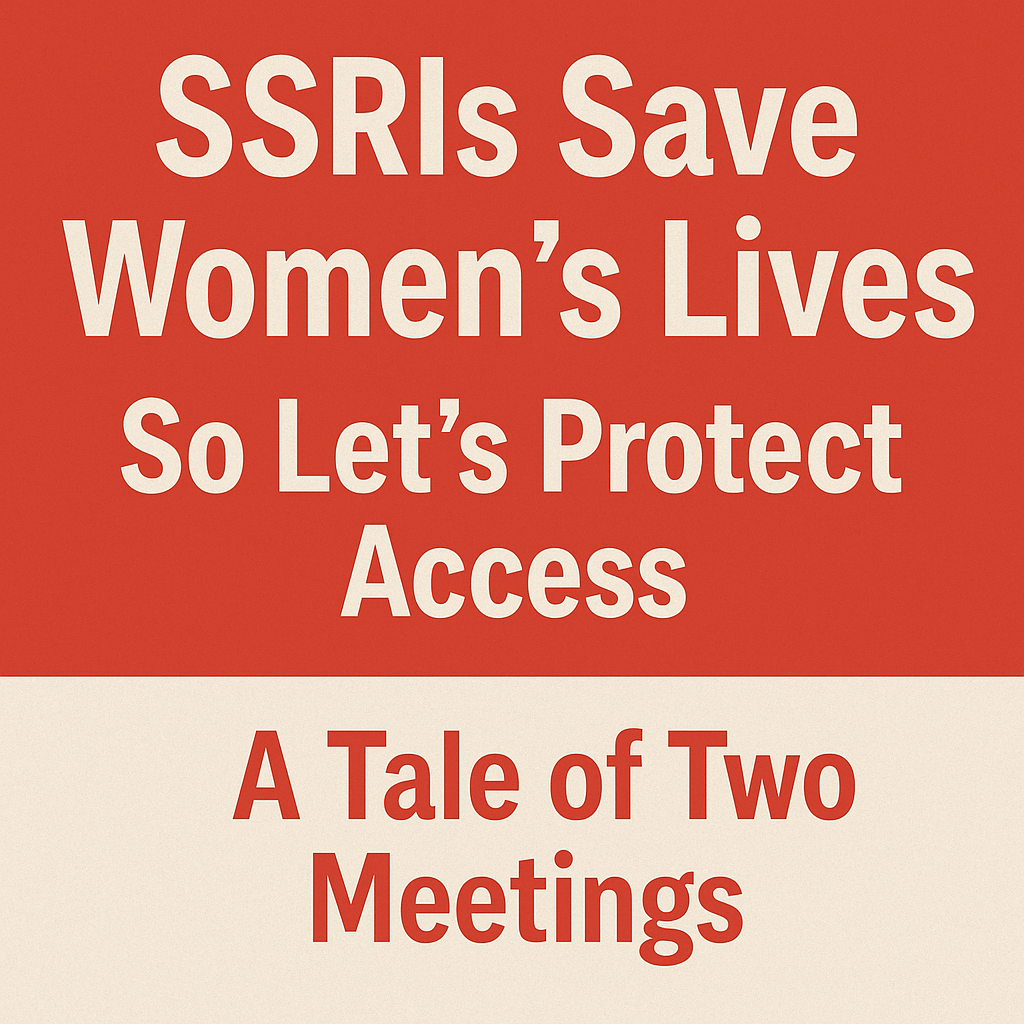The number of Americans who are sleep-deprived is alarmingly high. According to the National Sleep Foundation, forty-five percent of Americans say that poor or insufficient sleep affected their daily activities at least once in the past seven days.
Lack of sleep or sleep deprivation can lead to many problems from weight gain, to anxiety, and even depression. It can affect everything from job safety and awareness to poor job performance and even relationship issues.
How you slept last night and how long can determine what your work performance will be the following day. With our busy jobs and home responsibilities cutting into our personal downtime, the line between work and rest can constantly be challenged, leaving many without proper sleep.
However, taking a nap during the day can make a real difference. According to research from the Universite Paris Descartes-Sorbonne Paris Cite in France, “a 30-minute nap can reverse the hormonal impact of a night of poor sleep.” It can provide immediate benefits and even a 10 to 20-minute nap can recharge your energy and help you find focus and stamina to complete your workday. And according to their study “Napping may offer a way to counter the damaging effects of sleep restriction by helping the immune and neuroendocrine systems to recover.”
The National Sleep Foundation reports the benefits of napping to include the following:
• Naps can restore alertness, enhance performance, and reduce mistakes and accidents. A study at NASA on sleepy military pilots and astronauts found that a 40-minute nap improved performance by 34% and alertness by 100%.
• Naps can increase alertness in the period directly following the nap and may extend alertness a few hours later in the day.
• Scheduled napping has also been prescribed for those who are affected by narcolepsy.
• Napping has psychological benefits. A nap can be a pleasant luxury, a mini-vacation. It can provide an easy way to get some relaxation and rejuvenation.
The Benefits of Napping During the Workday
More progressive companies such as Google, Huffington Post, and even Zappos have embraced the benefits of napping during the workday and provide “nap space” or nap pods for employees to take a break and grab some fast shut-eye.
There are so many benefits to napping during the workday as well. Learning ability, cognitive function, memory, reaction times, communication, and motor skills are all significantly boosted by a short midday nap. The positive effects of a nap also continue for up to 6 hours after the nap, due to time spent in deeper phases of non-REM sleep. For busy professionals, a nap that is even just 7 to 10 minutes has been shown to substantially improve performance and alertness.
Napping can also have dramatic health improvements and can reduce the frequency of illness. Taking a nap at least 3 times a week has been shown to reduce death from the coronary disease by 50% and reduce cortisol levels and inflammation. It can boost mood and positivity and lead to a happier more productive staff!







